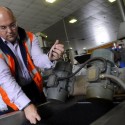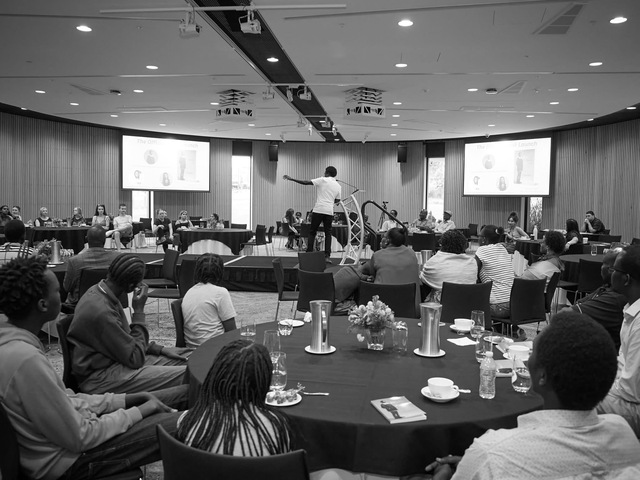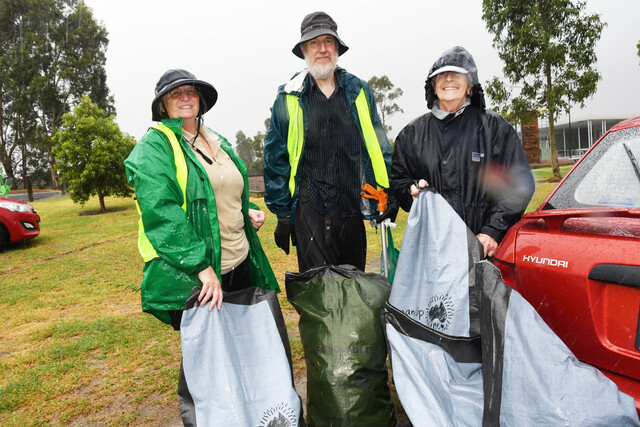By CASEY NEILL
COREX Plastics is forking out $30,000 for the internet speed it needs – despite the National Broadband Network cable running right past its door.
The Dandenong company’s managing director Simon Whiteley made the decision to invest in a fibre optic connection late last year.
He said initial NBN plans forecast a connection to the site by the second quarter of this year.
“That hasn’t been updated since 2013. The current work log is still not showing this area,” he said.
“Productivity was being reduced because of the inept bandwidth available.
“It was a cost that we could no longer bear.
“I know it’s in the ground because I’ve seen it. It goes right past the door.
“Any new estate, they automatically get it, whereas we don’t.
“It’s not feasible for us to move 500 metres down the road in order to capture that. It would have cost me millions of dollars.”
The South East Melbourne Manufacturers Alliance (SEMMA) president said sending large files such as computer-aided design (CAD) drawings was key to his business.
“While you do that upload, your download performance is restricted,” Mr Whiteley said.
“That’s where the productivity’s lost. People will be waiting.
“We need to have that bandwidth. We need to have that connectivity.
“There’s enough barriers to work with other businesses.
“It’s about moving forward with data.
“We’re becoming far more a connected world.”
Mr Whiteley gave 3D printing as an example. If a machine part fails he has to order a new one from Europe.
In the meantime, the supplier could send him the specifications to 3D print a temporary part to keep the business moving.
“To do that I need to have good digital connection,” he said.
“From a browser point of view, current ADSL is fine. There’s no need for fibre optic to homes now.
“There’s a business case, it’s affecting the productivity of the country.”







